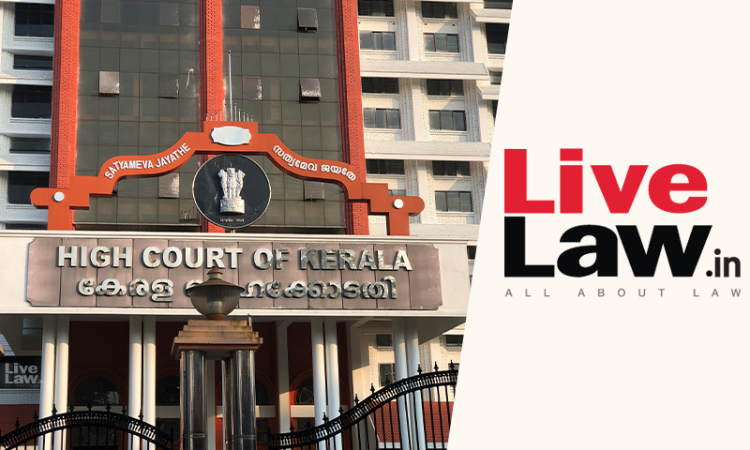The Kerala High Court on Wednesday issued notice to the Central Government on a writ petition filed by LiveLaw challenging the constitutional validity of Information Technology (Guidelines For Intermediaries And Digital Media Ethics Code) Rules, 2021, notified by the Centre on February 25, as imposing "arbitrary, vague,disproportionate and unreasonable" restrictions on digital news media...

